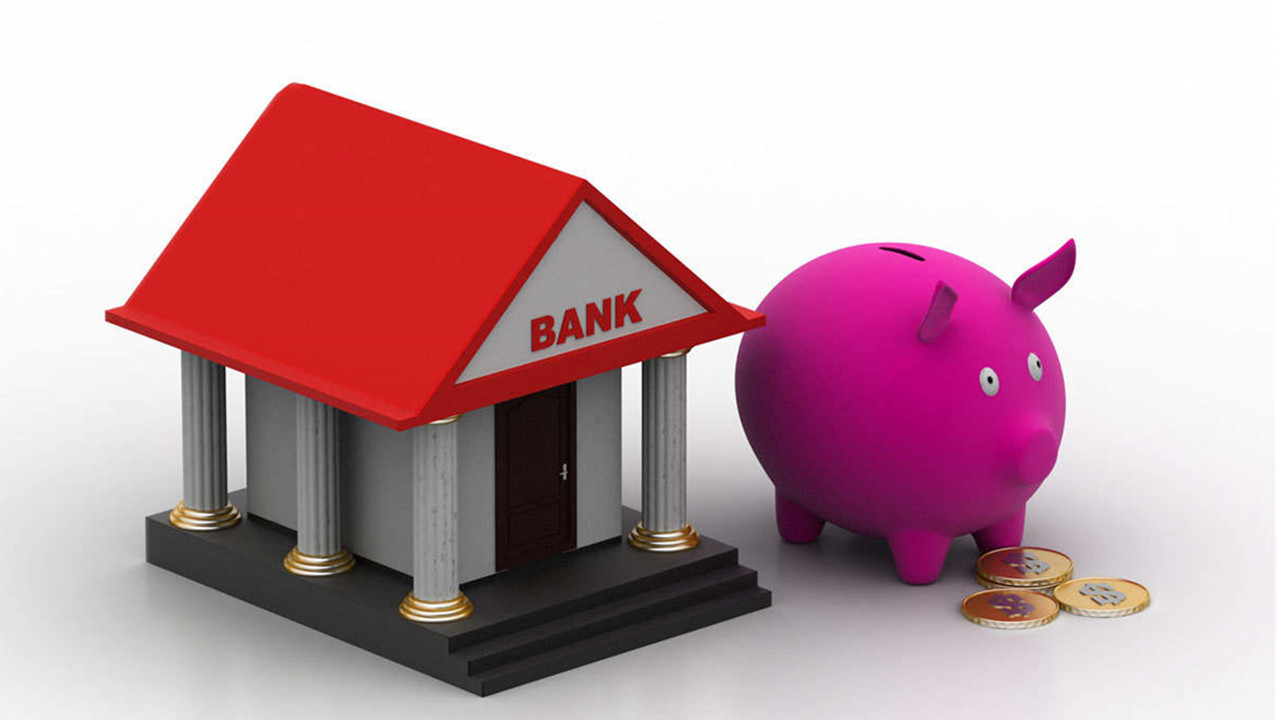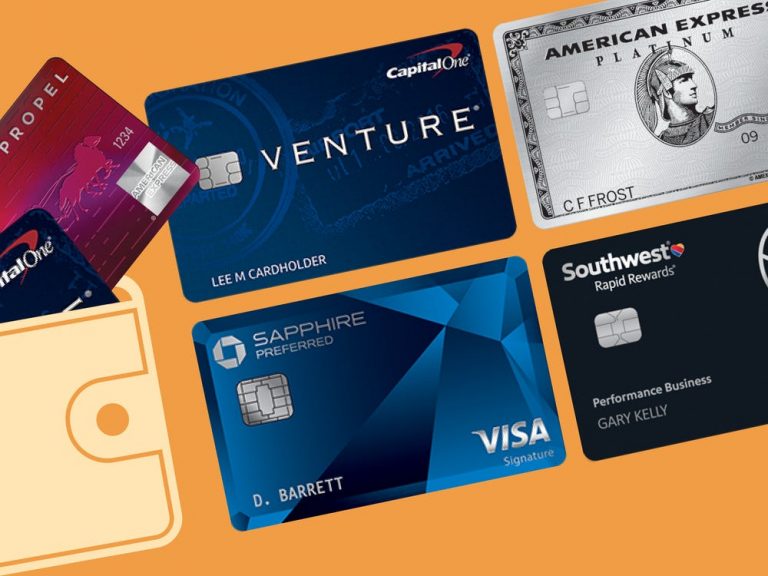It can seem like there any endless options for where to save your money. With new online-only banks, debit access cards, and other deposit accounts, there are plenty of alternatives for someone looking to make a change in how they handle their money. We’ll look at credit cooperatives and banks below.
Traditional Banking
Banks have been around since the concept of money. There is even a bank in Italy that has been operating since the 1400s. Now facing competition from online-only savings platforms and brokerage accounts, there have never been more alternatives to traditional banking than there are today.
That said, traditional banking can still be a good option for savings. Traditional banks will typically store your money and provide you access to it through ATMs, debit cards, or in-personal withdrawals. For savings, they may also pay a nominal amount of interest, but far lower than you can get with other investments. This is because, with a traditional bank savings account, there is no risk to your money. Your funds are insured by the FDIC up to $250,000, so you know your money is safe.

Typically, credit cooperatives and banks will not charge any fees provided you keep your account balances above a certain level. Be sure to monitor this when opening your accounts.
CREDIT COOPERATIVES
Credit cooperatives operate similar to a bank in terms of access to your money and the structure of the account. The primary difference between credit cooperatives and banks is that the cooperatives (sometimes called Credit Unions) tend to be owned by their members/depositors and are operated on a non-profit basis.
Cooperatives will still offer deposit accounts and other types of accounts such as home equity loans or certificates of deposit, but they are not a for-profit institution that’s held accountable to their shareholders, while a bank IS.
CONCLUSION
If you’re looking for a place to save your money, the traditional way might work for you. If so, take a look at some credit cooperatives and banks in your area and see which accounts best fit your needs.









